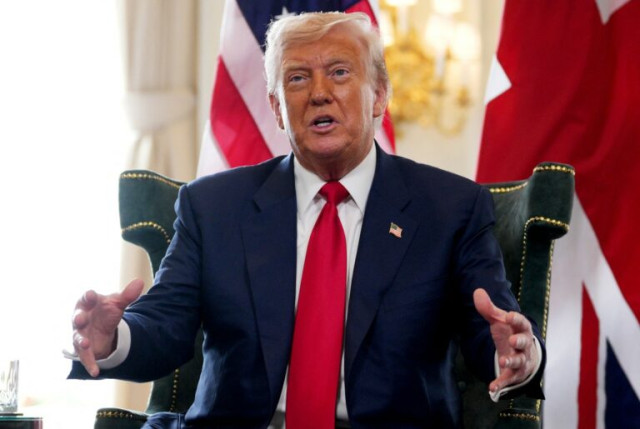In a move that has already stirred international debate, U.S. President Donald Trump on Wednesday signed an executive order imposing an additional 25 percent tariff on imports from India.
The decision comes in response to New Delhi’s continued purchases of Russian oil—an energy partnership that the U.S. administration argues provides critical revenue for Moscow's ongoing war in Ukraine.
The new tariff is set to take effect in three weeks, significantly raising the cost of Indian goods entering the U.S. market. This measure will be implemented on top of a separate 25 percent tariff scheduled to begin on Thursday, effectively doubling the trade penalty on targeted products from India.
Trump defended the decision in a press briefing at the White House, stating, “The United States cannot ignore India’s role in indirectly supporting Russia's war machine. If India continues to finance Russian aggression through oil purchases, there will be economic consequences.”
According to administration officials, the tariffs aim to pressure India to reduce its energy ties with Russia and align more closely with Western sanctions policies. While the U.S. has long maintained strategic ties with India, recent months have seen growing tensions as India continues to import discounted Russian crude despite international pressure.
Notably, some exemptions will remain in place. Products subject to existing sector-specific duties—such as steel and aluminum—will not be affected by the new tariffs. Additionally, categories deemed critical or sensitive, including certain pharmaceutical imports, may receive temporary waivers pending further review.
The Indian government has yet to issue an official response, but trade and foreign affairs analysts in New Delhi have described the move as "unprecedented" and "potentially damaging" to the long-standing economic relationship between the two nations.
Critics of the decision warn that the tariffs could hurt U.S. businesses dependent on Indian imports and escalate trade tensions at a time of global economic uncertainty. Meanwhile, proponents argue that economic sanctions must be consistently enforced to deter nations from supporting Russia’s energy-dependent war efforts.
As the tariff implementation date approaches, all eyes will be on how India responds—both diplomatically and economically—and whether this latest move by the Trump administration will lead to broader trade conflicts in the region.




















